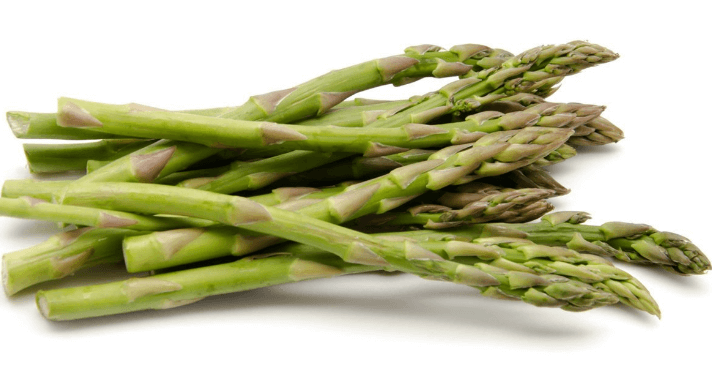Leg Cramps
Definition:
Leg Cramps is a sudden and involuntary contraction of one or more of your muscles. If you’ve ever been awakened in the night or stopped in your tracks by a sudden charley horse, you know that muscle cramps can cause severe pain. Though generally harmless, muscle cramps can make it temporarily impossible to use the affected muscle.
Signs & Symptoms:
A leg cramp is an episode of sudden pain in the muscles of the leg caused by an involuntary contracting (shortening) of the leg muscle.
Most leg cramps occur in the calf muscles and, less commonly, in the feet and thighs.
Cramps can last from a few seconds up to 10 minutes. Thigh muscle cramps tend to last the longest.
During a cramping episode, the affected muscles will become tight and painful and the feet and toes will be stiff.
After the cramps have passed, you may have pain and tenderness in your legs for several hours.
Cause:
In most cases, leg cramp causes remain unknown. If they happen only sporadically, leg cramps are harmless and can be ignored. However if they recur constantly, cause pain and discomfort and disturb your sleep, it may be better to consult with a doctor to get to the root of the problem. In rare cases, leg cramps may be indicative of a more serious medical condition.
Causes of leg cramps include:
Restless leg syndrome
Flat feet
PAD or Peripheral Artery Disease
Alcohol abuse
Cirrhosis of the liver
Kidney failure
Hyperthyroidism
Diabetes
Medications such as diuretics, oral contraceptives and blood pressures medicines
Dehydration
Parkinsons disease
Addisons disease
Muscle fatigue
Pregnancy
Diarrhea
Excessive exercise
Starting a new exercise routine
Overweight
Imbalance of electrolytes
Circulation problems
Hormonal imbalance
Injury to the leg
Calcium deficiency
Neural disorders
How To Cure:
Simple leg cramp treatment involves keeping hydrated at all times. There is a link between dehydration and muscle cramps so make sure you drink enough of fluids in the day to prevent this happening. If you exercise, ensure that you drink water before and after your exercise routine to replace the fluids lost while sweating. Drinking also balances out the electrolytes in the body another reason why leg cramps can occur.
If you exercise, consult with a trainer and learn a proper stretching routine. Stretches should be performed before and after exercising to warm muscles up prior to your exercise and relax them after so that the possibility of cramping is reduced. Try and not exercise just before sleeping as well. Never jump into a new exercise routine and overdo it. Ease yourself into an exercise regime to allow your muscles to get used to the changes. Sudden bursts of activity and over use of muscles can cause leg cramps later.
When a leg cramp strikes, the best thing to do for leg cramp relief is to massage the tightened muscle gently. Try and stretch the leg if you can or use a hot water bottle on the affected area to relax the contracted muscles. Having a hot shower before sleeping can also prevent leg cramps at night.
Drinking a glass of warm milk before sleeping is an effective leg cramp cure. The calcium in the milk reduces any deficiency that may be causing the leg cramps.
Drink at least five cups of chamomile tea during the day for a period of two weeks. Chamomile works as a relaxant and is an excellent leg cramp remedy. Studies show that chamomile tea also increases the level of glycine an amino acid in the urine. Glycine can relieve muscle spasms and cramps and thus chamomile tea is an effective remedy for leg cramps.
Home remedies for muscle cramps can include massaging the affected area with essential oils such as lavender oil or rosemary oil. After the massage, wrap the area in a warm towel for the best results. These oils can help relax the muscles and prevent further cramping as well.
An easy home remedy for leg cramps is to mix one tablespoon of calcium lactate and one teaspoon each of honey and apple cider vinegar to a glass of warm water. Drink this concoction at least once a day as a leg cramp treatment. Leg cramps are often caused by a potassium deficiency. Since apple cider vinegar is high in potassium, it is an effective home remedy for leg cramps.
Boil water and add one teaspoon of red raspberry tea to it. Let this infusion sit for a while before drinking it every morning and evening. Raspberry tea is an effective remedy for leg cramps at night.
Take a 400mg supplement of magnesium before sleeping to relax the muscles and help process the calcium in the body.
Athletes have been using mustard as a leg cramp treatment for years now. The acetic acid in mustard is believed to stimulate the muscles by producing more acetylcholine in the body. Since leg cramps may be caused by a deficiency of this compound, having a spoon of mustard can prevent leg cramps. Similarly pickle juice is also high in acetic acid and can be consumed to cure leg cramps.

